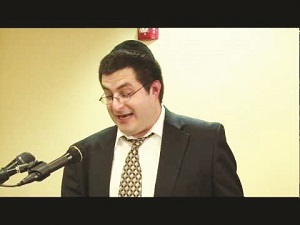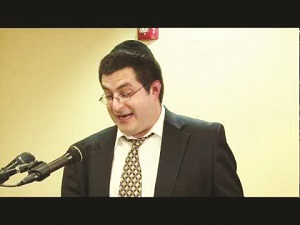 I’ve gotten into coin collecting recently. And by “into,” I don’t mean that I’m interested. I mean that I kind of got sucked into it. My fourth grader is into coin collecting, and I don’t want him to get ripped off. I’m very nervous about this world of people who say that coins are worth more than the amount that is clearly engraved on the actual coin. Like it’s an arbitrary system of barter, even though coins were invented so we wouldn’t have to deal with that.
I’ve gotten into coin collecting recently. And by “into,” I don’t mean that I’m interested. I mean that I kind of got sucked into it. My fourth grader is into coin collecting, and I don’t want him to get ripped off. I’m very nervous about this world of people who say that coins are worth more than the amount that is clearly engraved on the actual coin. Like it’s an arbitrary system of barter, even though coins were invented so we wouldn’t have to deal with that.
At some point my son’s friends got him into coin collecting, and he and his friends pour coins all over our floor, and then sit around studying the years and the little letters looking for—they don’t know what, exactly. We’re not even talking about rare coins from hundreds of years ago. We’re talking about every coin in the house. We don’t have a rare coin collection, we have a common coin collection.
In fact, they’re getting coins wherever they can. He has friends who go into the bank with dollars and ask for rolls of coins. Then they sort through the coins, put them back into rolls, and then they go into the bank and ask for other rolls. I don’t know why the bank is okay with this.
Does it work? Well, one time they found an agora in a roll of pennies, and they were all excited. They were going to split the profits. And I’m like, “Calm down. That’s worth less than a penny.”
I’m such a killjoy.
So they said, “But if we go to Israel, we can buy things!”
Things. Plural.
Meanwhile, my other son told me that he heard that every coin, after the year it’s printed, is worth more than face value. Like it’s an expiration date.
Look, whatever gets you to hold onto your cash for longer. But if it’s that simple, I have a way to fix the deficit: What if when the government prints money, instead of putting it into circulation, they just put it away for years and years and then take it out when it’s worth more? Then the secretary of the treasury could pour them out on the floor look for old ones, and he can sell them for more money!
“Hey, France! Wanna buy a pile of wheat pennies?”
So every story my kid comes home with about coins, I have to look up to see if it’s true or if his friends are misunderstanding things they heard from their brothers. Like he came home one day absolutely convinced that some coins have the A closer to the M in the word “America,” and those are worth more. He illustrated this by showing me two coins that looked exactly alike, and saying, “Isn’t this one closer?” And I said, “I don’t know. How close are they supposed to be?”
Because yes, sometimes coins are printed with mistakes. And then the coins just go out like that, because it’s the government, and who has time for quality control? Time is money!
So he definitely needs help. Case in point, I went to the library and got him a book on US coins, because that’s what he mostly has, besides the agora, and he asked me why there’s nothing in the book from before the 1500s.
I actually hoped that the book would stop him from constantly asking me questions I didn’t know the answers to. But now he can’t figure out how the book works. The other day he said, “This book doesn’t even work. On the page of quarters, it lists a nickel.”
And I said, “No it doesn’t. That’s quarter made out of nickel.”
Then I had to spend 20 minutes explaining how that was possible.
But thanks to these kids’ efforts, they do have some coins that are worth more than face value. For example, they have a penny that might be worth 35 cents. But how does that help anybody? Can they walk into a store, buy something for 35 cents, and put down the penny?
So I asked the kids, so I could see what their thinking was.
“Who are you going to sell your penny to?”
“A coin collector!” they said.
“Wait. Aren’t you a coin collector?” Sometimes I think they just sell the coins to each other. “So all these coin collectors are collecting coins just so they can sell them to other coin collectors? Who’s buying all the coins? Are there certain rich coin collectors—sort of like art collectors—who hang the coins on their walls in tiny frames?
Also, aren’t all rich people coin collectors?
“No,” they told me. “It’s a person who collects coins for a living.”
There’s a contribution to society. But yeah, that guy is dying to pay you a dollar-fifty for last year’s coins.
I don’t even know that they write this book based on anything. It could be that they make up the numbers. But people buy the book, because people who pay money for coins that are not worth the same as the amount printed on the coins will buy anything, apparently. If you tried, you could probably sell them last year’s coin book for more money, because it’s from last year.
Mordechai Schmutter is a freelance writer and a humor columnist for Hamodia, The Jewish Press and Aish.com, among others. He also has five books out and does stand-up comedy. You can contact him at MSchmutter@gmail.com.











